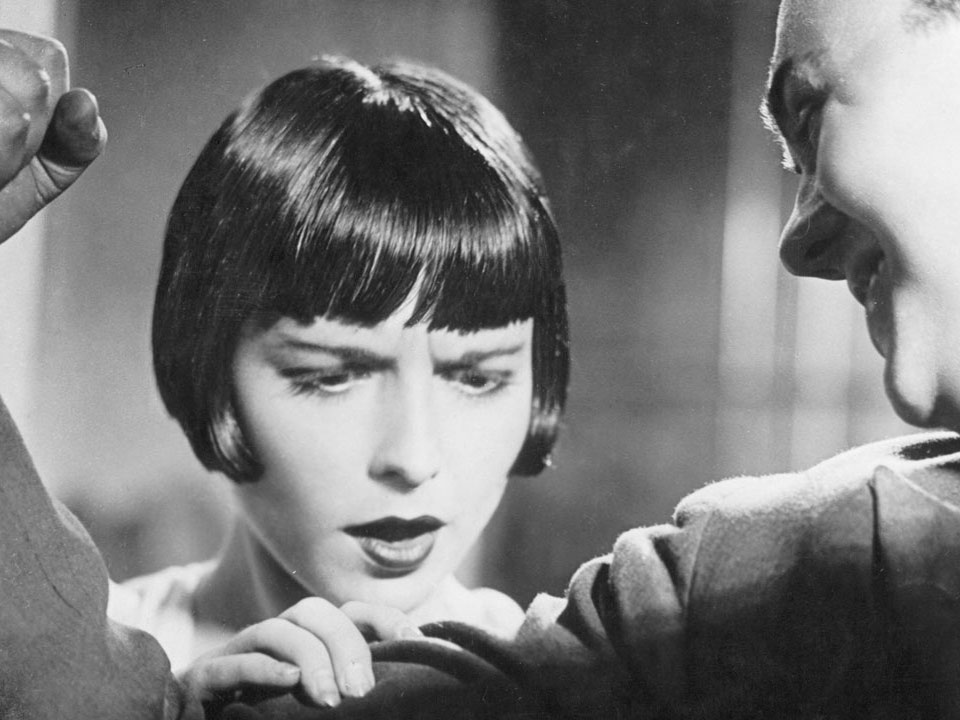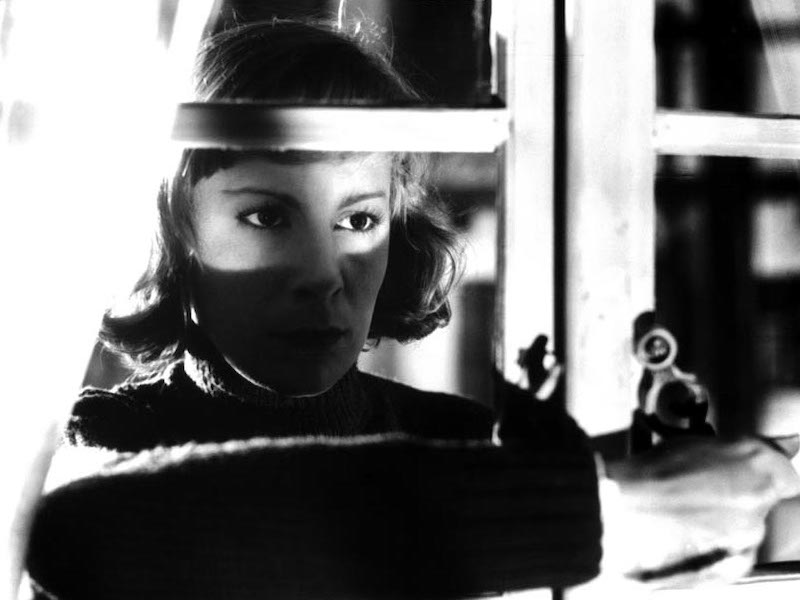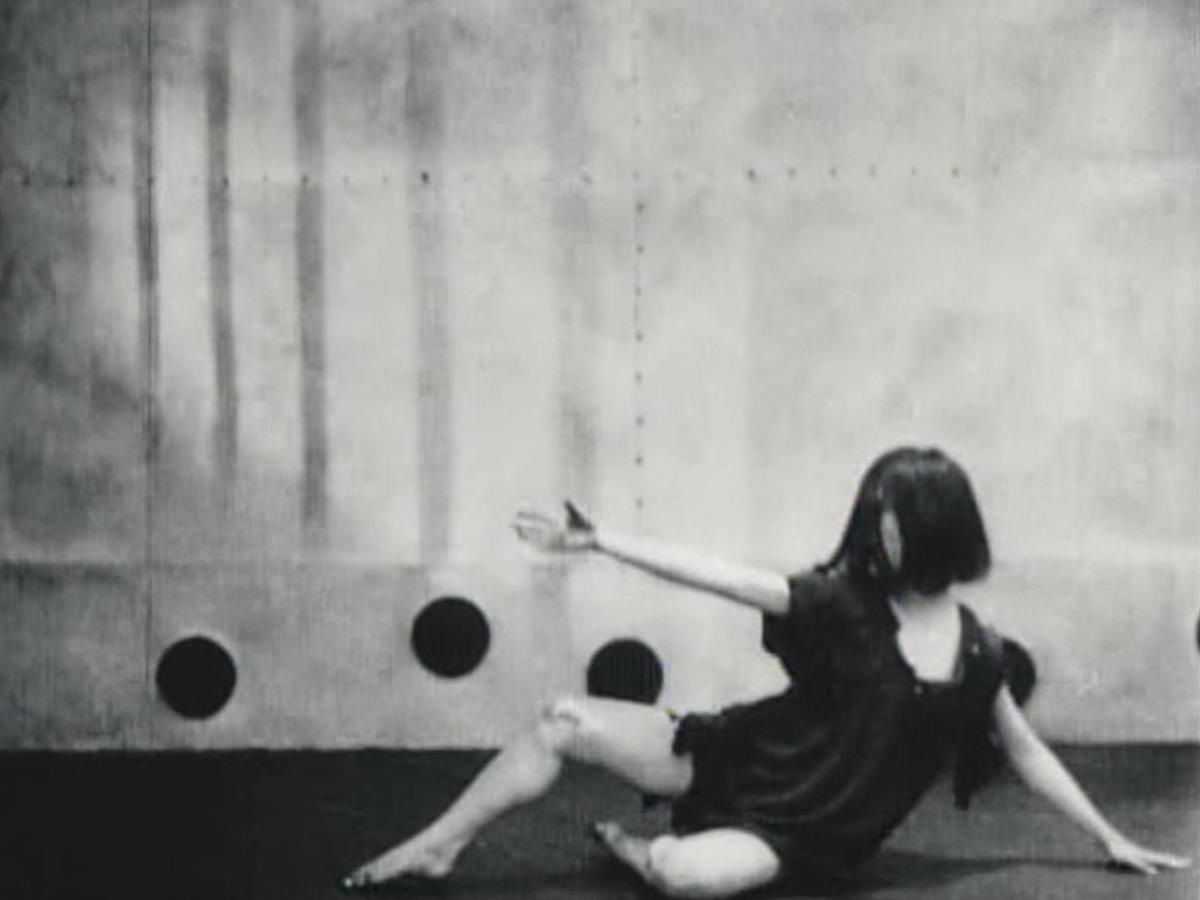Week 7/2024
Le banquet des frauders is a first in many ways. Besides being documentary filmmaker Henri Storck’s first (and only) venture into fiction, it is the first full-length fiction film made in Belgium after World War II, as well as the first international co-production. Funded by the U.S. Marshall Plan to stimulate Europe’s recovery, the film is a notable example of what one could call “European nation-building”. Serving as an allegory of a unified Europe with open borders, the film is set in a small village where the frontiers of Belgium, the Netherlands and Germany meet. Although it began as a documentary project, Storck decided along the way that fiction better suited his vision for a filmic exploration of the relationship between language and identity in the post-war European context.
Lost for over 45 years, Teinosuke Kinugasa’s A Page of Madness, about a psychiatric hospital in Japan, is a horrifyingly beautiful masterpiece of early Japanese cinema. By the time the film resurfaced in 1971, its search for pure cinema had been overshadowed by other avant-garde films from the same period such as Luis Buñuel’s Un chien andalou and Carl Theodor Dreyer’s La Passion de Jeanne d'Arc. However, Kinugasa’s experimental film language, which appears to stem directly from the troubled minds of his characters, is just as historically and aesthetically significant as that of his European contemporaries.
Another masterpiece of silent cinema – less experimental, yet even more electrifying – is G.W. Pabst’s Die Büchse der Pandora. A prime example of Weimar cinema, the film’s atmosphere, which combines exuberance with a sensitivity for social inequality, effectively captures the transformative period of interwar Germany. Despite Pabst’s innovative style, the film owes much of its brilliance to actor Louise Brooks. Her imperfect and at times awkward acting appears to undermine the director’s omnipotence, propelling the film to unexpected places.




